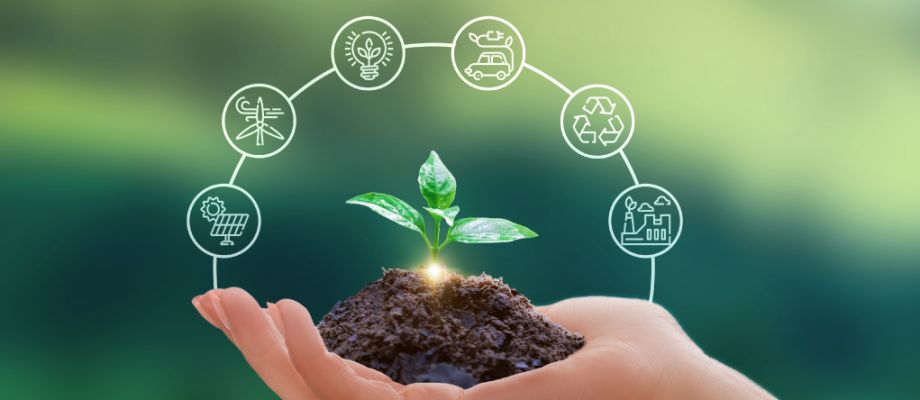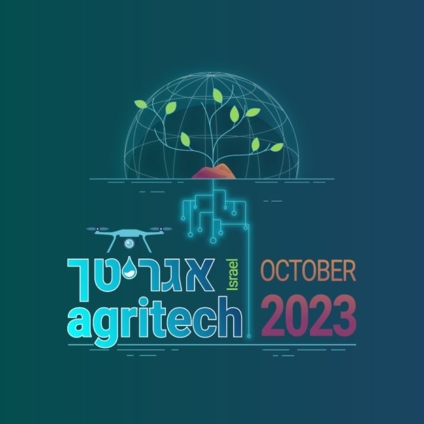Food security is a critical issue of concern globally. Recent events such as the Covid-19 pandemic and climate change have also posed significant challenges to the status of our global food security situation.
The World Bank indicates that the world is in the midst of a global food crisis with projections showing that as many as 670 million people will face hunger by 2030.
Agriculture plays a key role in Ghana’s economic growth and contributes to various sectors of the economy. About 20% of Ghana’s GDP comes from agriculture.
The sector has a greater impact on poverty reduction and it is critical for rural development and environmental sustainability. Ghana is not an exception to the growing global concerns of food security.
Challenges facing the agriculture and food security sector in Ghana are many and we are all witnesses to the Russia-Ukraine war and its impact on our agricultural sector especially with the importation of fertilizers.
The myriad of challenges confronting global agriculture and food security in our world today calls for a robust application and implementation of technological innovations to support the sectors.
In doing this, there is one country that has for over seven decades, ventured into developing cutting-edge agricultural solutions and technologies that are transforming the agricultural and food security sectors across the globe.
The State of Israel is famous for “making the desert bloom.” Israel has successfully overcome harsh climatic conditions and knows how to maximize resources in an arid environment. Two thirds of the land in Israel is semi-arid and much of the soil is of poor quality.
There is shortage of natural water resources and scarcity of precipitation. Despite these overwhelming challenges in its short history, Israel not only managed to create a remarkable agricultural transformation, securing national food security and establishing thriving export industries, but also emerged as a global leader in agriculture.
Statistically, Israel records the highest productivity of cow milk in the world at 13,000 litres per cow compared to 10,00 litres in North America and 6,000 litres in Europe.
It produces 261 tonnes of citrus fruit per hectare, compared to 243 tonnes in North America and 211 tonnes in Europe. Israel’s tomato yield is 300 tonnes per hectare worldwide.
Israel is also a world leader in the production of fruit such as pomelit, pomegranates, nectarines, plums, dates, strawberries and avocados. The country also leads in post-harvest handling.
Israel’s innovation ecosystem is central to its success in agriculture and food security. It provides solutions to problems faced by farmers and private sectors along the value chain and continually develops new opportunities for the sector.
Some of these outstanding global innovations are the drip irrigation system, water recycling, cloud seeding, combating desertification, intelligence, bio-pesticides, bio-fertilizers, robotics, sensors, drone shepherding, vertical fields, greenhouse technologies, internet for bees and many others.
Israel’s agricultural success against all reasonable odds has generated great interest globally and its relations with Ghana offers opportunities for exchange of ideas, expertise and technology.
Since the 1950s the State of Israel has partnered with the Republic of Ghana in diverse ways to support Ghana’s agricultural sector.
In recent times, Israel's focus has been on the Foreign Trainees in Agriculture Program – an 11-month training program in Israel that focuses on capacity building through practical and professional knowledge transfer in the field of agriculture.
This project is mainly designed to promote food security by providing participants with a creative, practical and dynamic educational framework.
Spearheaded by Agro-Studies in Israel and supported by MASHAV, Israel’s Foreign Trainees in Agriculture Project provides an opportunity for practical experiential learning in advanced, modern agricultural methods.
Since 2018, close to 600 young agricultural graduates and students in Ghana have benefited from this project.

Many of these beneficiaries are shaping the agricultural future of Ghana with their expert knowledge especially in greenhouse technology.
Additionally, the MASHAV (Israel’s Agency for International Development and Cooperation) has supported the development of Ghana’s agricultural sector through capacity building programs for professionals in agriculture.
In 2022, MASHAV conducted a specialized training program for 12 Regional Agriculture Extension Officers in Ghana aimed at improving farm productivity.
Besides these government-to-government level engagements, Israel's Economic and Trade Mission, since 2018, has mainly worked to push collaboration between Israeli and Ghanaian agricultural businesses.
One such avenue is conferences such as the upcoming 21st AgriTech Conference in Israel. The 21st Global Agricultural Summit will focus on Food Security in a Disrupted Era.
It will take place in Tel Aviv from 17-19 October 2023. This high-level summit will focus on core issues affecting humanity and showcase cutting-edge latest agricultural, water and food technologies and solutions from 120 leading global companies and 50 Agri-tech, Aqua-tech, and Food-tech startups.
Topics to be discussed during the summit include Smart Drip Irrigation Control Systems; Agricultural Practices in Arid Zones and Precision Agriculture; Controlled Climates; Greenhouses and Vertical Farming; Robotics and Autonomic Harvesting; Commercial Aquaculture as a Platform for Innovation and Startups; FoodTech, Cultured Meat and Alternative Proteins.
Food security and Nutrition in an Era of Multiple Crisis among others. All of these will contribute to the advocacy for deploying global innovations in agriculture and food security in countries such as Ghana.
We warmly invite all interested persons and organizations to participate in this leading trade show and conference. For participation, B2B meetings and business cooperation, contact Mr. Kirk Amoah - Kirk.Amoah@israeltrade.gov.il.
Latest Stories
-
Syria’s minorities seek security as country charts new future
11 minutes -
Prof. Nana Aba Appiah Amfo re-appointed as Vice-Chancellor of the University of Ghana
18 minutes -
German police probe market attack security and warnings
18 minutes -
Grief and anger in Magdeburg after Christmas market attack
19 minutes -
Baltasar Coin becomes first Ghanaian meme coin to hit DEX Screener at $100K market cap
1 hour -
EC blames re-collation of disputed results on widespread lawlessness by party supporters
1 hour -
Top 20 Ghanaian songs released in 2024
2 hours -
Beating Messi’s Inter Miami to MLS Cup feels amazing – Joseph Paintsil
2 hours -
NDC administration will reverse all ‘last-minute’ gov’t employee promotions – Asiedu Nketiah
2 hours -
Kudus sights ‘authority and kingship’ for elephant stool celebration
2 hours -
We’ll embrace cutting-edge technologies to address emerging healthcare needs – Prof. Antwi-Kusi
3 hours -
Nana Aba Anamoah, Cwesi Oteng special guests for Philip Nai and Friends’ charity event
3 hours -
Environmental protection officers receive training on how to tackle climate change
3 hours -
CLOGSAG vows to resist partisan appointments in Civil, Local Government Service
4 hours -
Peasant Farmers Association welcomes Mahama’s move to rename Agric Ministry
4 hours

